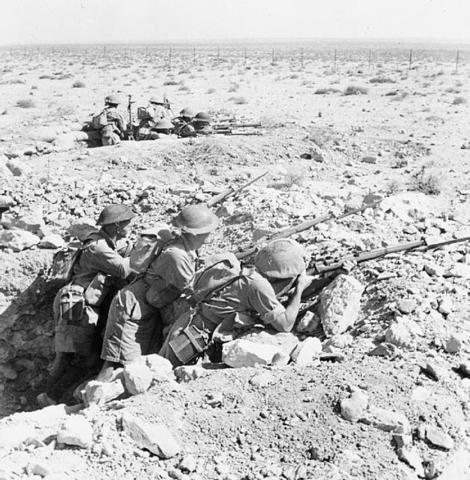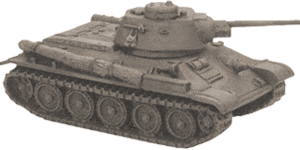April 4, 1941: The Fall of Benghazi

On February 6, 1941 Adolf Hitler ordered Lieutenant General Erwin Rommel to Africa in command of Germany’s nascent Afrika Corps. Consisting of the 15th Panzer Division, and a motorized division, the 5th Light Division, the Afrika Corps was meant to stabilize the Axis position in North Africa against British Commonwealth forces that had spent the winter of 1940-41 decimating Italian forces in the region.
Rommel wasted little time upon his arrival at Tripoli on February 11, 1941. On February 16th Rommel dispatched to the front the only German forces he possessed and immediately available for combat operations; one reconnaissance battalion and one anti-tank battalion from the 5th Light Division. By March 11th, Rommel’s efforts had received a substantial boost as the powerful 5th Panzer Regiment from the 15th Panzer Division arrived in North Africa. Equipped with 120 tanks, including 60 Panzer III and IV tanks, this panzer regiment represented one of the most powerful Axis units then in Africa.
With the 5th Panzer Regiment deployed Rommel promptly attacked British Commonwealth positions; routing Allied forces at El Agheila on March 24th and sending the survivors reeling into the desert. In a series of battles that lasted throughout the spring Rommel consistently outmaneuvered the British led forces, forcing them to retreat east as Rommel used his infantry to strike British positions while his Panzers repeatedly hooked around the British into their rear and forced the British to fall back under tremendous and sustained pressure. On April 4th Benghazi fell to Rommel’s command; within a matter of weeks he had recaptured over 600 miles of real estate and surged across Libya. On April 14, 1941 Rommel reached the Egyptian border.
Only the port and city of Tobruk resisted his advance. There Commonwealth troops, including British & Polish troops, and the 9th Australian Division (see picture), slowed Rommel’s advance across the Egyptian border. Rommel’s deteriorating logistical situation, exacerbated by the failure to capture Tobruk, thus played a key role in causing his first offensive of the two plus year North African campaign to wind down.



Post new comment